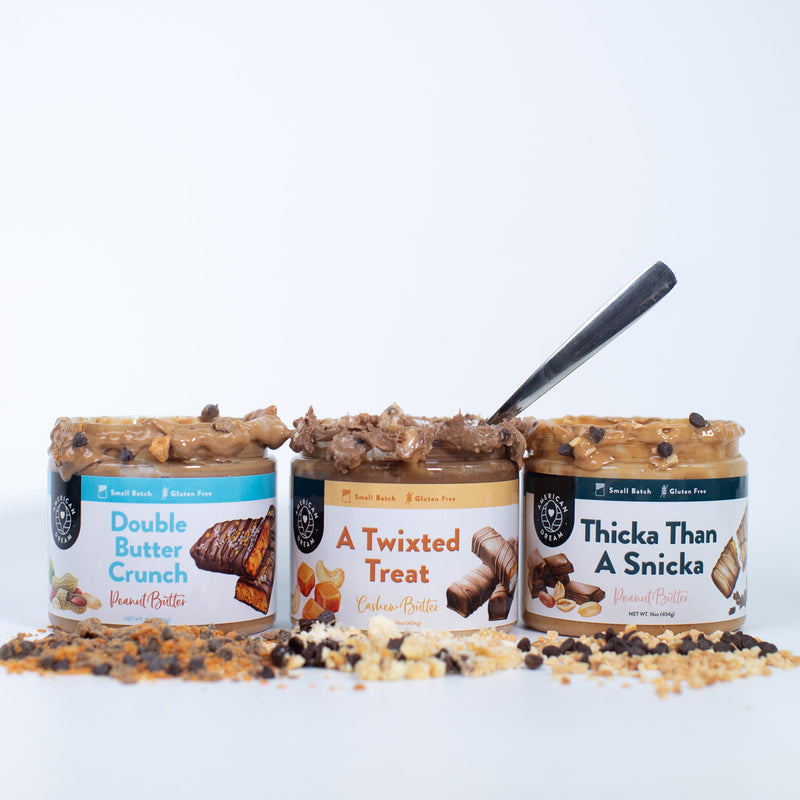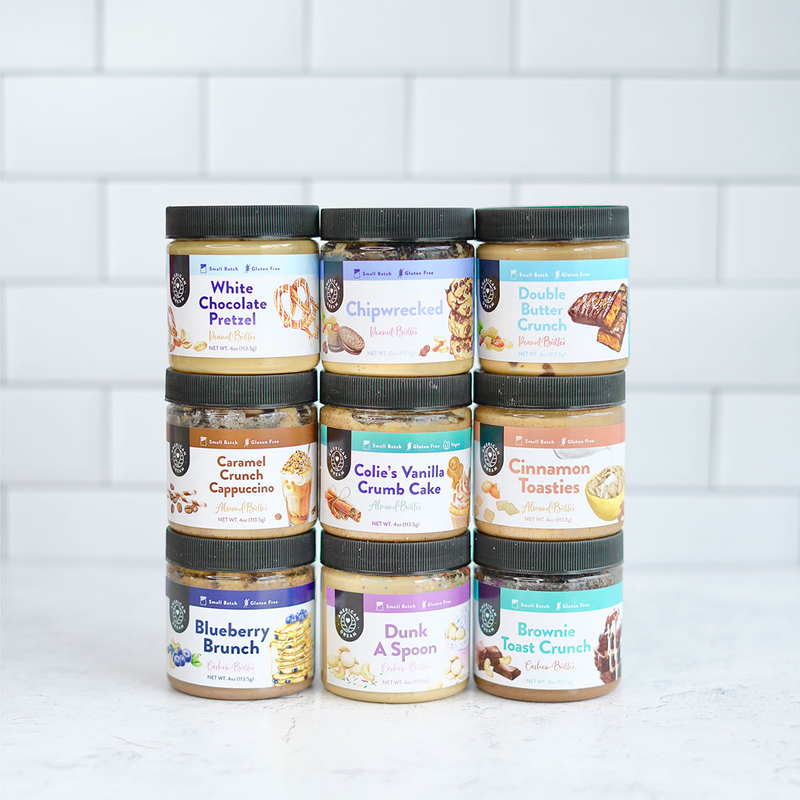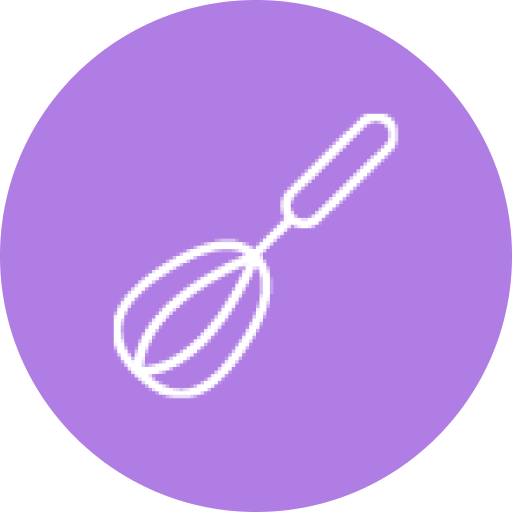A Beginner's Guide to Going Keto
With 25.4 million Google searches in the US in 2020, the keto diet has certainly caught the attention of many people seeking to improve their health and shed some pounds. There were more searches for keto than for any other diet.
What started as a therapy for epilepsy has now gained popularity for its potential to aid in weight loss and other health conditions. But before you dive into this eating plan, educating yourself on the ins and outs of keto is crucial. That's why we've put together a guide to help you get started and make informed decisions.
What Is Keto?
The ketogenic diet is a diet that helps the body enter a state of "ketosis." The diet is similar to other low-carb diets since a dieter will reduce carbs drastically and replace them with fats instead.
The keto diet trains the body to use more fats for energy. Once you're in a state of ketosis, your body will burn fat more easily. The liver will turn fat into ketones and your body will use them as a second form of energy.
Many people follow a ketogenic diet due to the numerous health benefits that are associated with it. This includes weight loss as well as a reduction in inflammation in the body. It may also include improving cholesterol levels, reducing blood sugar, and improving insulin levels.
Rules for the Keto Diet
There are a few main rules that you'll need to follow if you want to eat a ketogenic diet. The rules are simple but they can be pretty tough to follow.
Here's what you should do:
- Eat a max of 20-50 grams of carbs per day
- Eat a moderate amount of protein (1.2-2 grams per kg of body weight)
- Fill up the remaining calories with fat
Keep in mind that there are a few variations of the keto diet out there.
The classic ketogenic diet is more restrictive than the other types and requires a macronutrient ratio which consists of 90% fat, 6-8% protein, and 2-4% carbs.
Other versions of the keto diet require a lower fat percentage and allow for a higher intake of carbs and protein. However, no keto diet goes over 50 grams of carbs overall.
How Long Should You Follow a Keto Diet?
Because keto diets are difficult to follow and because there are some potential drawbacks to the diet, you likely won't want to stay on it forever.
There is limited data regarding the ideal length of the keto diet. Most studies on keto lasted only a few weeks to a couple of years at the maximum.
It's important to pay attention to your body and to keep your own individual needs in mind when deciding how long to stick to the keto diet. Generally, however, you'll want to follow a keto diet for at least several months straight to allow your body to grow accustomed to it.
Consider your energy levels, your physical and emotional well-being, and whether you're experiencing any of the benefits you hoped for. If things are going well for you on the diet after a few months have passed, you may want to continue for a longer amount of time.
What to Eat on a Keto Diet
Because you'll need to severely restrict carbs and add a lot of fat to your diet, it can be difficult to know what to eat when transitioning to the diet.
Here are some of the best things to eat while on the keto diet:
- Proteins such as beef, chicken, pork, lamb, and eggs
- Fish including salmon, tuna, sardines, and shrimp
- Nuts and seeds such as almonds, pecans, walnuts, pumpkin seeds, and chia seeds
- Nut butter including peanut butter, almond butter, and cashew butter
- Full-fat dairy items such as cheese, sugar-free yogurt, butter, cream cheese, and Greek yogurt
- Healthy oils including extra virgin olive oil, avocado oil, and coconut oil
- Low-carb vegetables such as broccoli, asparagus, onions, and leafy greens
- Low-carb fruit including avocados, berries, and olives
Be sure to check labels before purchasing any food for your keto diet. You may be surprised to learn how many carbs are in some of your favorite foods.
Top Benefits of Keto
Before you decide to adopt a keto diet, you should understand what your motivation is for doing so. Not everyone has the same goals when starting a keto diet.
Here are some of the advantages that you may get from following the keto diet.
Weight Loss
One of the most well-known benefits of keto is its ability to help with weight loss.
A keto diet appears to help you lose weight pretty well. However, keep in mind that a good portion of this may be related to the loss of water weight. The benefits of keto for weight loss are particularly evident in the short term when compared to low-fat diets.
In addition to this, keto may help to reduce abdominal fat, also known as visceral fat, better than other diets. Visceral fat is associated with health issues and a higher risk of certain diseases, so this is a big advantage.
Epilepsy Management
The traditional keto diet was first used to help with epilepsy and prevent seizures in those who followed it.
While medication now exists to help prevent seizures, the keto diet is still commonly used to help manage epilepsy. In many cases, seizure medications aren't enough, so epileptics turn to the keto diet for additional help.
Improved Cholesterol Levels
A keto diet may also be a good choice if you want to improve cholesterol levels in your body.
The research isn't completely solid yet. However, it seems that following a keto diet will reduce your overall cholesterol levels. It will also increase the levels of good cholesterol, known as high-density lipoproteins (HDL).
Having more HDL cholesterol in your body may help to reduce the risk of heart disease.
Better Insulin Resistance and Blood Sugar Control
Following a ketogenic diet can also be a great choice for anyone with type 2 diabetes. The keto diet may reduce blood sugar levels and improve insulin resistance.
Cutting carbs can have a profound effect on people who have diabetes. Many need to reduce their dosage of insulin after beginning a low-carb diet such as keto.
While starting keto can be a good choice if you have diabetes, be sure to speak with your doctor first to ensure it's the right move for you.
Reduction of Blood Pressure
High blood pressure can lead to a variety of other problems in the body and can raise the risk of heart disease, stroke, and kidney failure. Ketogenic diets may help to reduce blood pressure as well as reduce the risk of certain diseases.
If you have hypertension, then following a keto diet could be a good choice. It may help you to reduce your blood pressure. Remember, however, that if you have hypertension you'll want to speak with your doctor before beginning a keto diet.
Drawbacks of Keto
Although keto has a lot of benefits, there are risks and drawbacks as well. For many people, these downsides are significant and make the keto diet a poor choice overall.
Here are some risks and downsides to keep in mind:
Keto Flu
Especially when starting keto and switching to a state of ketosis, some people will begin to feel sick and experience discomfort. This is known by many as the "keto flu."
During this time, you may experience a lot of fatigue. You may even experience vomiting and gastrointestinal issues.
While this discomfort should pass after just a few days, these side effects can be difficult to deal with.
Nutritional Deficiencies
By cutting out carbs and many healthy foods, a keto diet could lead to certain nutrient deficiencies. A person on keto may cut out whole grains, fruits, and certain vegetables.
With a keto diet, there could be an increased chance of kidney stones or liver disease. The lack of fiber in a ketogenic diet may also lead to constipation.
Difficulty
One of the biggest drawbacks to keto is that it's very difficult to follow. Many people have a hard time cutting out carbs to such a large extent.
Restrictive diets can be difficult and can even lead to problems with disordered eating and obsessive behavior. Other dieters may abandon the diet altogether before they experience the potential benefits that it offers.
If you're having a hard time following keto, you may want to look for some more keto-friendly snack ideas.
Is Going Keto Right for You?
If you're thinking about going keto, make sure that you understand all of the pros and cons. Eating a keto diet can offer a lot of benefits but can also be difficult to follow and has some drawbacks as well.
Need great keto-friendly food to eat? All-natural peanut butter can be a good choice. Start browsing through our nut butter selection now.
I love that these butters are keto friendly, so many fantastic flavors to enjoy while on keto, and not feel like you are missing out on treats!
This is so helpful in explaining to beginners! I wish I had found this before! Thank you for posting!
 All Nut Butters
All Nut Butters
 Newest Flavors!
Newest Flavors!
 High Protein
High Protein
 Butter Bundles
Butter Bundles
 Indulgent Butters
Indulgent Butters
 Cookies
Cookies
 Nutrition
Nutrition
 Retiring Soon
Retiring Soon
 Paws Off
Paws Off
 Sample Sizes
Sample Sizes
 Merch
Merch
 Gifting
Gifting

